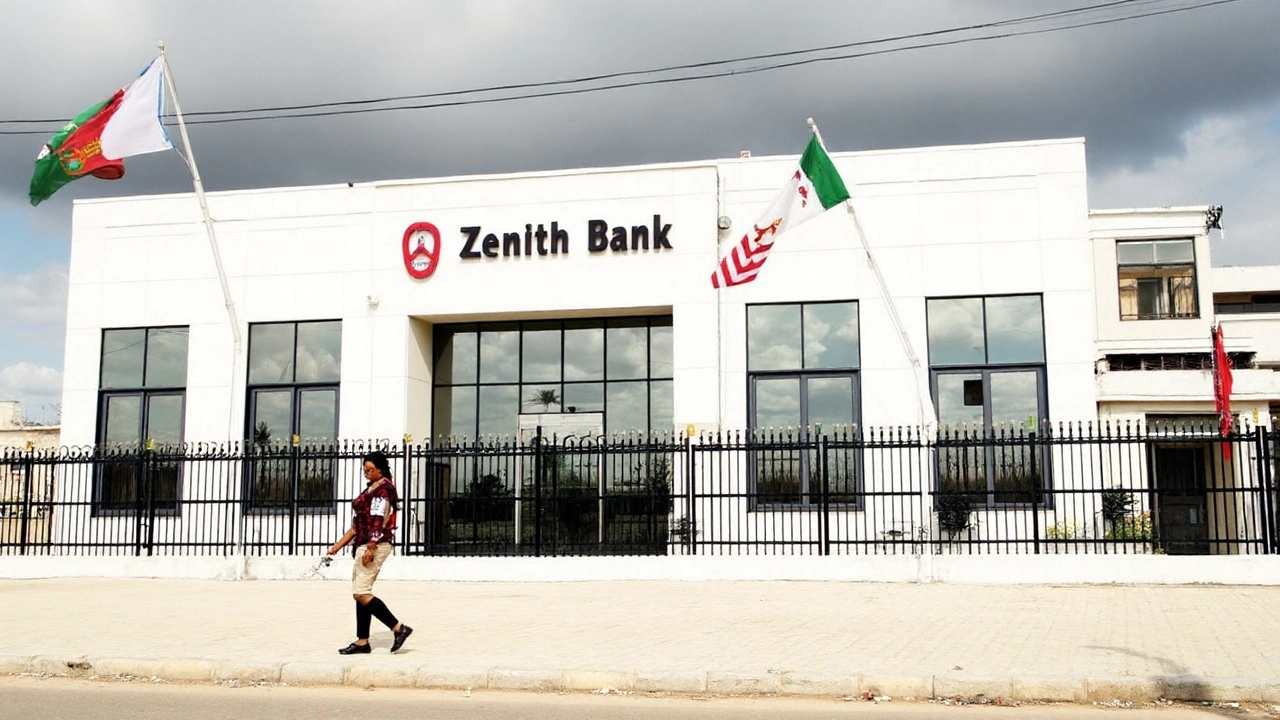If you own or run a game farm, the first question is always “how do I make a profit?” The good news is that wildlife tourism, sustainable hunting, and smart land use can all bring in steady cash. Below we break down the main money‑makers and show how you can keep the ecosystem healthy while the bank balance grows.
Tourists are the biggest cash source. A well‑managed lodge that offers game drives, night safaris, and authentic cultural experiences can charge premium rates. Even a modest 10‑room lodge can pull in R1 million a year if occupancy hits 60 % during peak months. Booking platforms and social media make it easier than ever to reach international travelers.
Another strong revenue line is controlled hunting. When done legally and with strict quotas, hunting fees can fund anti‑poaching patrols and habitat restoration. A single trophy hunt often nets between R200 000 and R500 000, covering not just the hunter’s fee but also guide salaries, vet services, and community projects.
Don’t overlook cattle or livestock integration. Grazing animals can improve grassland health, and their meat or dairy sales add a reliable stream that isn’t dependent on tourism seasons. Many farms now practice rotational grazing, which boosts pasture quality and reduces feed costs.
Lastly, wildlife‑based product sales – like meat from sustainably harvested antelopes, or eco‑friendly souvenirs made from fallen branches – can add a niche profit margin. The key is keeping the supply ethical and the branding transparent.
Making money shouldn’t mean destroying the habitat. Successful farms view conservation as an investment, not a cost. By planting native trees, you improve water retention and provide food for herbivores, which in turn attracts more tourists. A healthier ecosystem also reduces disease risk, saving you vet expenses.
Community involvement is another win‑win. When local villages see jobs and school funding tied to the farm’s success, they become allies against poaching. Simple programs like hiring locals as guides or offering profit‑share schemes keep the goodwill flowing.
Tracking your numbers matters. Use a basic spreadsheet to record income from each source and compare it with expenses like staff wages, fence maintenance, and water pumps. Over time you’ll spot which activities are truly profitable and which need tweaking.
Finally, look for government incentives. Many African nations offer tax breaks or grants for farms that meet wildlife‑friendly standards. Registering with certified eco‑tourism bodies can also open doors to international funding and marketing channels.
Profit on a game farm isn’t a myth—it’s a realistic goal when you blend tourism, controlled hunting, smart livestock practices, and genuine conservation. Keep the focus on long‑term health of the land, involve the community, and watch both your wildlife and your wallet thrive.

Zenith Bank’s market capitalisation topped N3.12 trillion, making it Nigeria’s second‑largest bank by value. A 6.3% share‑price jump to N76 was fueled by record‑breaking profits and strong earnings growth. Despite a half‑year dip in pre‑tax profit, the bank posted a 44% return in 2025 and offers a 7.14% dividend yield. Analysts see the bank’s expansion plan and tech spend as key to sustaining momentum.
Read More >>